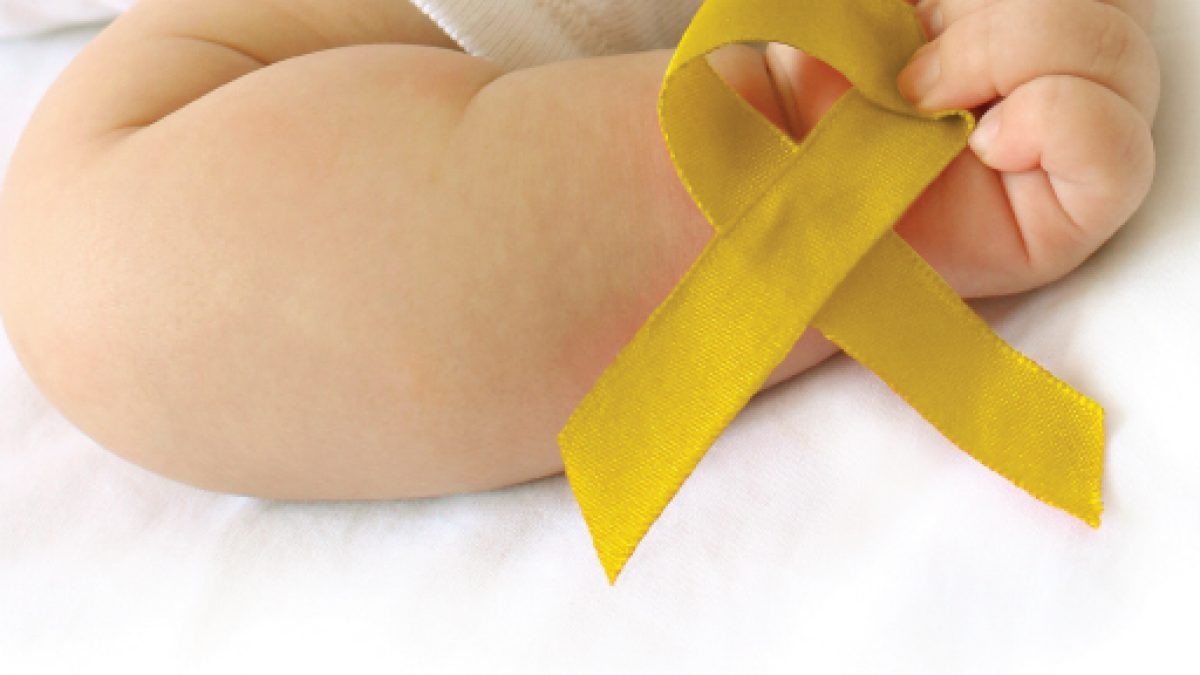Pediatric oncology is a medical specialty that focuses on the diagnosis, treatment, and care of children with cancer. While Childhood Cancer is a disease that can affect individuals of all ages, its impact on children and their families is particularly devastating. Understanding the challenges, advances, and hope within the realm of pediatric oncology is crucial for both healthcare professionals and the general public.
Childhood Cancer: A Distinct Challenge
Cancer in children is distinct from cancer in adults in several ways. It is generally less common, accounting for a small percentage of all cancer cases. The types of cancer that affect children can differ significantly from those seen in adults, and treatment approaches are often unique. Furthermore, children’s developing bodies and growing minds require specialized care to minimize the long-term effects of cancer and its treatments.
Types of Childhood Cancer
1. Leukemia:
This is the most common form of childhood cancer. Leukemia affects the blood and bone marrow, and it is divided into two primary types: acute lymphoblastic leukemia (ALL) and acute myeloid leukemia (AML).
2. Brain and Nervous System Tumors:
These can affect a child’s brain or spinal cord and may be benign or malignant. Medulloblastoma and gliomas are examples of childhood brain tumors.
3. Neuroblastoma:
This cancer forms in nerve tissue and often develops in the adrenal glands. It primarily affects infants and young children.
4. Wilms Tumor:
Wilms tumor is a kidney cancer that primarily affects children between the ages of 3 and 4.
5. Lymphomas:
Hodgkin lymphoma and non-Hodgkin lymphoma can occur in children and adolescents, with different treatments and prognoses.
Challenges in Pediatric Oncology
Childhood cancer poses unique challenges, including:
1. Late Diagnosis:
Early symptoms of childhood cancer can be subtle and easily confused with other common childhood illnesses. This often leads to late diagnoses, making treatment more complex.
2. Psychosocial Impact:
Childhood cancer can have profound psychological and emotional effects on both the child and their family. Comprehensive support is vital.
3. Long-Term Side Effects:
Treatments such as chemotherapy and radiation can have long-term consequences for a child’s growth, development, and overall health.
Advances in Pediatric Oncology
Despite the challenges, significant progress has been made in the field of pediatric oncology. Advances include:
1. Precision Medicine:
Tailoring treatment plans based on the genetic and molecular characteristics of a child’s cancer to maximize effectiveness and minimize side effects.
2. Targeted Therapies:
Developing drugs that specifically target cancer cells, minimizing damage to healthy tissues.
3. Immunotherapy:
Harnessing the body’s own immune system to fight cancer has shown promise in treating some childhood cancers.
4. Supportive Care:
Providing comprehensive psychosocial and supportive care for children and their families to improve quality of life during and after treatment.
Pediatric oncology is an area of medicine where the resilience of young patients, the dedication of healthcare providers, and the unwavering support of families converge.
While childhood cancer remains a formidable challenge, ongoing research, innovative treatments, and comprehensive care are steadily improving outcomes and offering hope to children and their families in the face of this life-altering diagnosis.
Awareness, funding, and advocacy play essential roles in continuing to advance the field of pediatric oncology and ultimately improving the lives of children affected by cancer.
also read :
Inflammatory Breast Cancer : A Rare and Aggressive Form of Breast Cancer
12 Ways to Reduce Your Risk of Cancer: A Guide to Cancer Prevention
